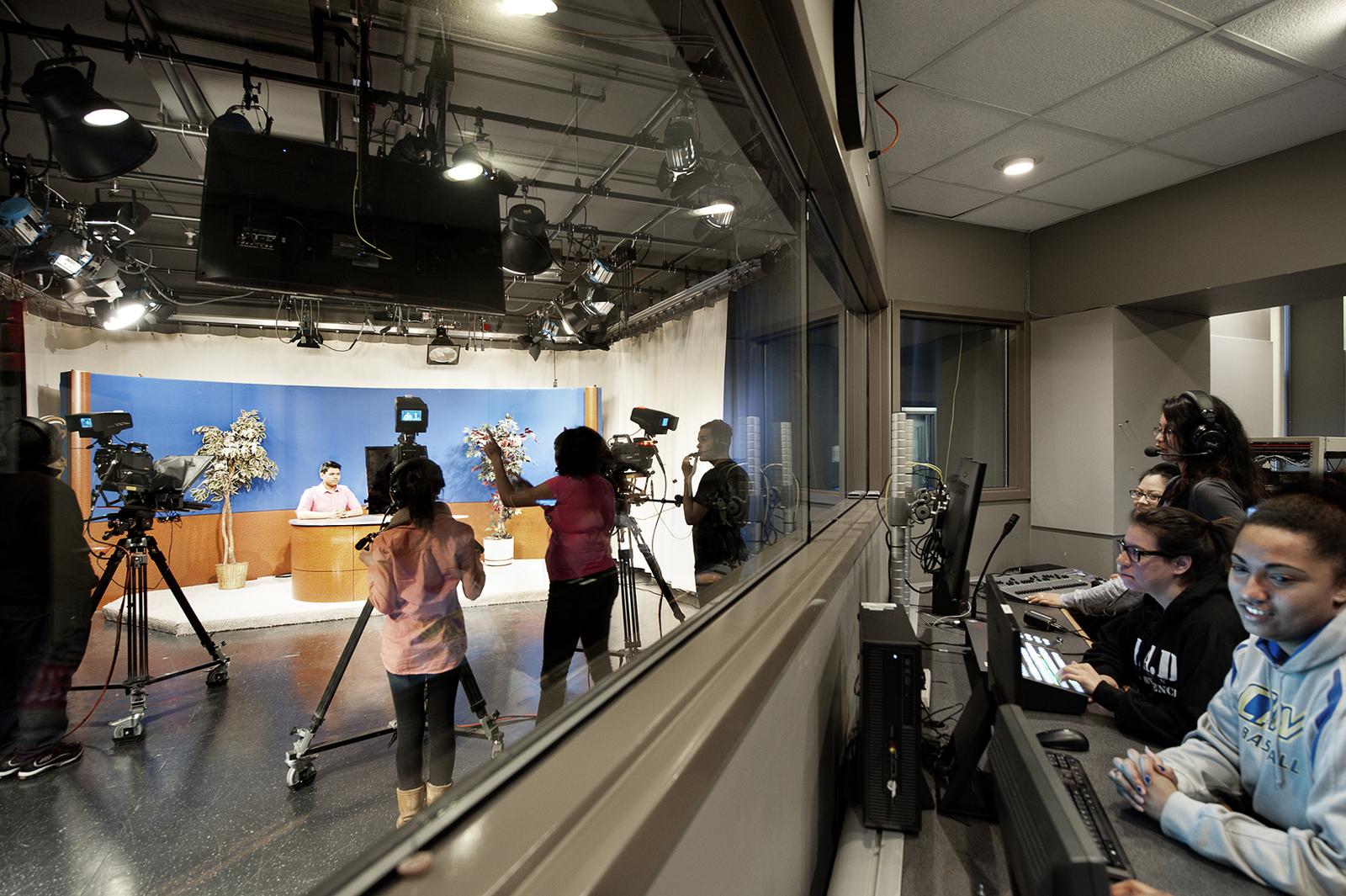NAICU Survey: FAFSA Delays Changed Composition of Fall 2024 Class
Three-quarters of private, nonprofit colleges and universities said that the availability and issues with the processing of the new Free Application for Federal Student Aid (FAFSA) affected their incoming fall class, according to the results of a released today by the National Association of Independent Colleges and Universities (NAICU). Nearly half (49%) of respondents reported that their fall 2024 class was “more difficult to fill” due to the FAFSA delays.
“The survey findings provide a clear picture of the disruption caused by the Department of Education’s chaotic rollout of the new financial aid application form,” said NAICU President Barbara K. Mistick, D.B.A.
Among the topics addressed in the online survey are the impact the FAFSA delays had on the fall 2024 class, financial aid distribution, and the number of students receiving a Pell Grant award. In addition, NAICU sought feedback on the effectiveness of the Education Department’s communications efforts with colleges and universities throughout the rollout.
“The delays in the FAFSA rollout have had a tremendous impact on students and institutions, with a disproportionate effect on low-income students,” said Mistick. “The repercussions from this rollout will be felt – by students, families, and institutions – for years.”
Effects of FAFSA Delays on Fall 2024 Class
- 74% said FAFSA issues changed the composition of their class
- 44% reported having a smaller class than last year
- 22% had fewer financial aid recipients
- 11% had a less racially/ethnically diverse incoming class than last year
Effects of FAFSA Delays on Financial Aid and Discount Rates
Financial Aid
- 58% said the FAFSA issues affected the amount of institutional aid their campus distributed
- 37% increased the amount of aid distributed while 16% reported a decrease in aid distributed
Discount Rates
- Two-thirds of institutions (68%) reported a change in their discount rate this fall; of those, 71% increased their discount rate and 29% decreased their discount rate
- Roughly half of all respondents (48%) reported an increase in their discount rate, whereas 1 in 5 (20%) of all respondents reported a decrease
Effects of FAFSA Delays and Changes to the Need Analysis Formulas
- 81% said the number of Pell Grant students in their fall 2024 class changed from last year
- 64% reported an increase in the number of Pell Grant students; 14% reported a decrease
- 80% reported that changes to the need analysis formulas affected aid eligibility on their campus
- 67% said the formula changes related to the number of family members in college affected aid eligibility on their campus
- 60% said the expansion of Pell Grant income levels affected aid eligibility on their campus
- 30% said the small business exclusion affected aid eligibility on their campus
- 24% said the family farm inclusion affected aid eligibility on their campus
Department of Education’s Effectiveness in Communicating about the FAFSA Delays
Most institutions said the Department failed to provide enough timely or clear information about the FAFSA and did not respond promptly to inquiries, making it difficult to plan effectively.
- 90% said the Department did not provide timely information about the FAFSA
- 88% said the Department’s communications were not clear
- 85% said the Department did not provide enough information about its FAFSA progress
- Just 7% said the Department was timely in responding to requests for FAFSA-related assistance
“It should come as no surprise that college and university leaders are disappointed with how the Department communicated throughout the rollout of the new FAFSA,” said Mistick. “While there have been improvements of late, a lingering distrust remains as we approach another deadline on December 1. Colleges and universities, students, and families require better communication and transparency from the Department going forward and in addressing the remaining challenges associated with the rollout, so we don’t lose another class of students.”
The survey was conducted September 18-October 4, and includes responses from 251 private, nonprofit colleges and universities. This is a post-enrollment follow-up to a survey NAICU conducted last spring that showed similar results as institutions were asked to anticipate what the effects might be on this year’s class.
In the Media
Here Are 3 Major Injuries Inflicted by Last Year’s FAFSA on Fall Enrollment
University Business (November 13, 2024)
Survey: FAFSA Delays Changed Composition of Fall 2024 Incoming Class
Diverse.com (November 12, 2024)
Survey: FAFSA Hiccups Impacted Private College Enrollment Nationwide
Pittsburgh Post-Gazette (November 12, 2024)
FAFSA Delays Upended Private College Enrollment
Inside Higher Ed (November 11, 2024)
FAFSA Fiasco Changed Composition of First-Year Classes at Most Private Colleges
The Chronicle of Higher Education (November 8, 2024)

